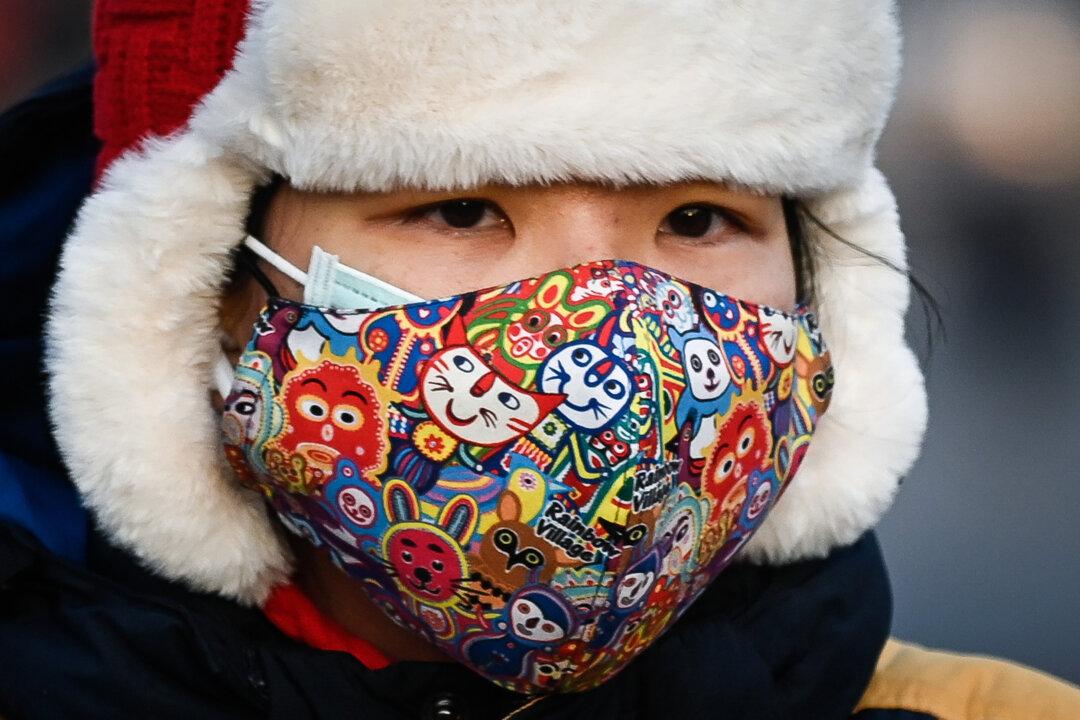The Therapeutic Goods Administration (TGA) has said that not all face masks meet the necessary regulatory requirements for safe use and may remove some masks from the Australian Register of Therapeutic Goods (ARTG) following a post-market review.
The Australian sponsors of 5 out of 15 Chinese-made face mask products have been advised to issue either a product defect alert or product notification that describes the nature of the concern to their customers, “so that customers can consider the setting the face mask is being used in, so as to minimise risks associated with its continued use.”





